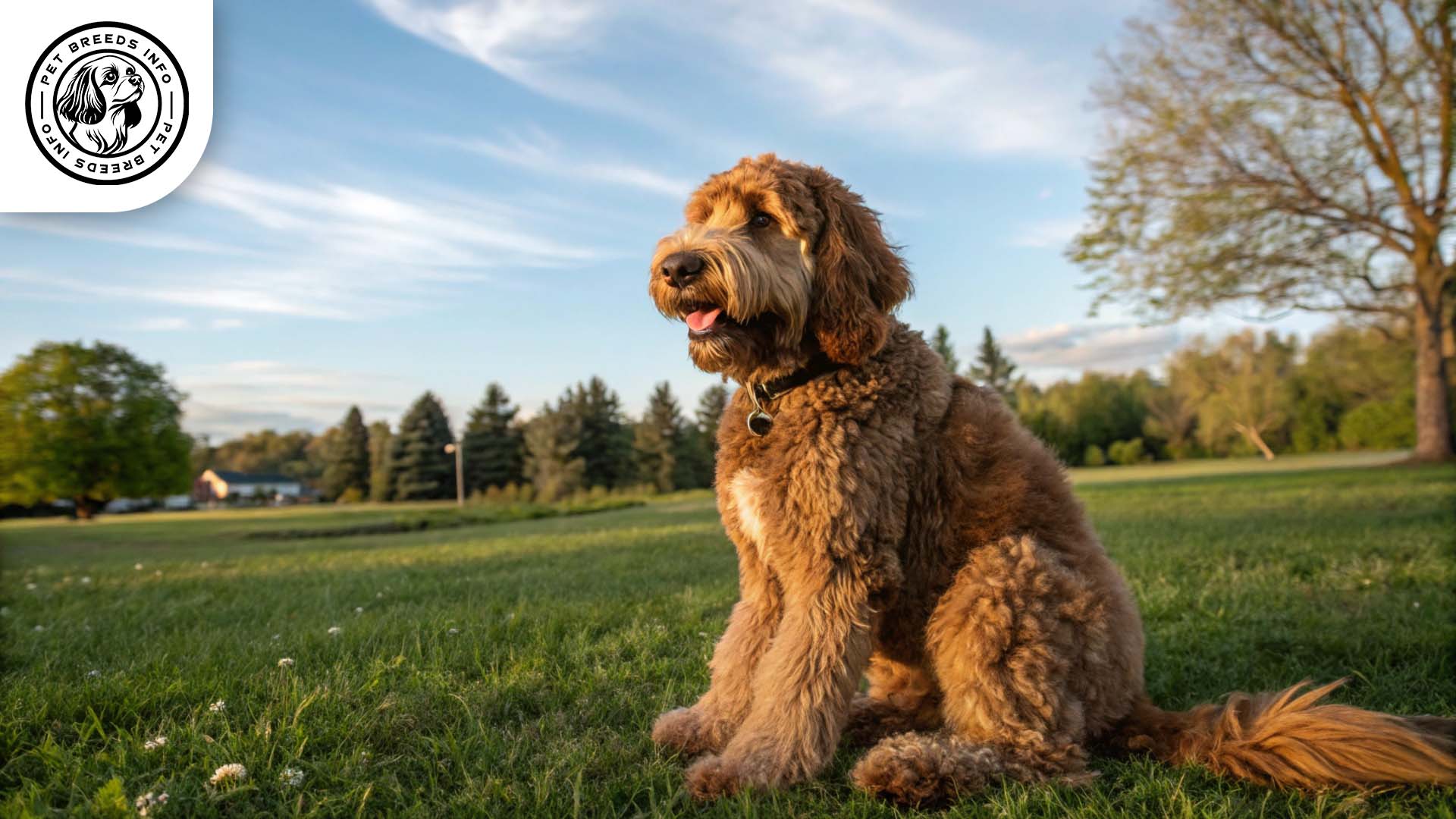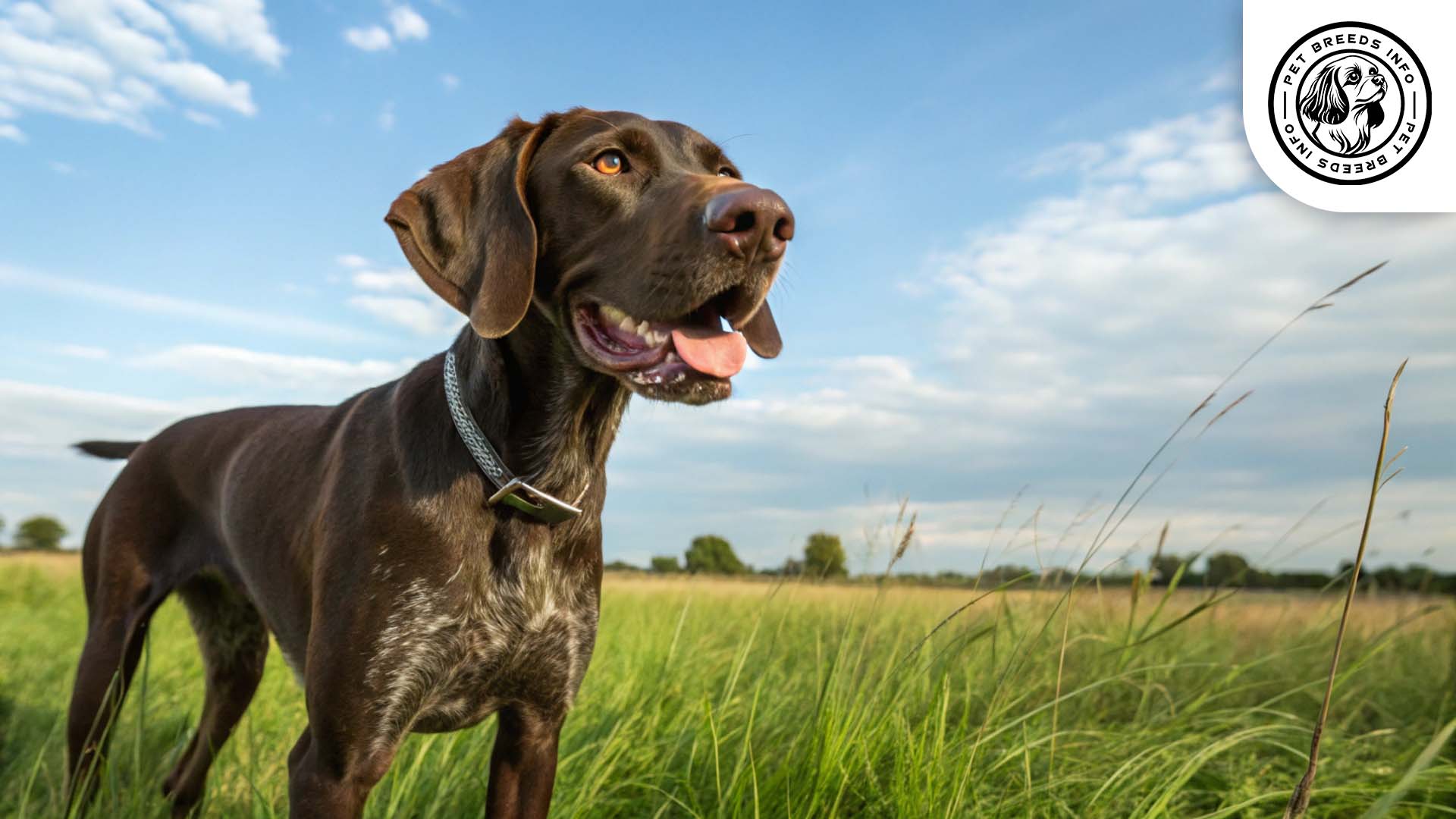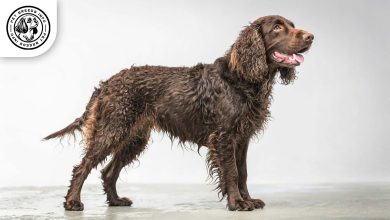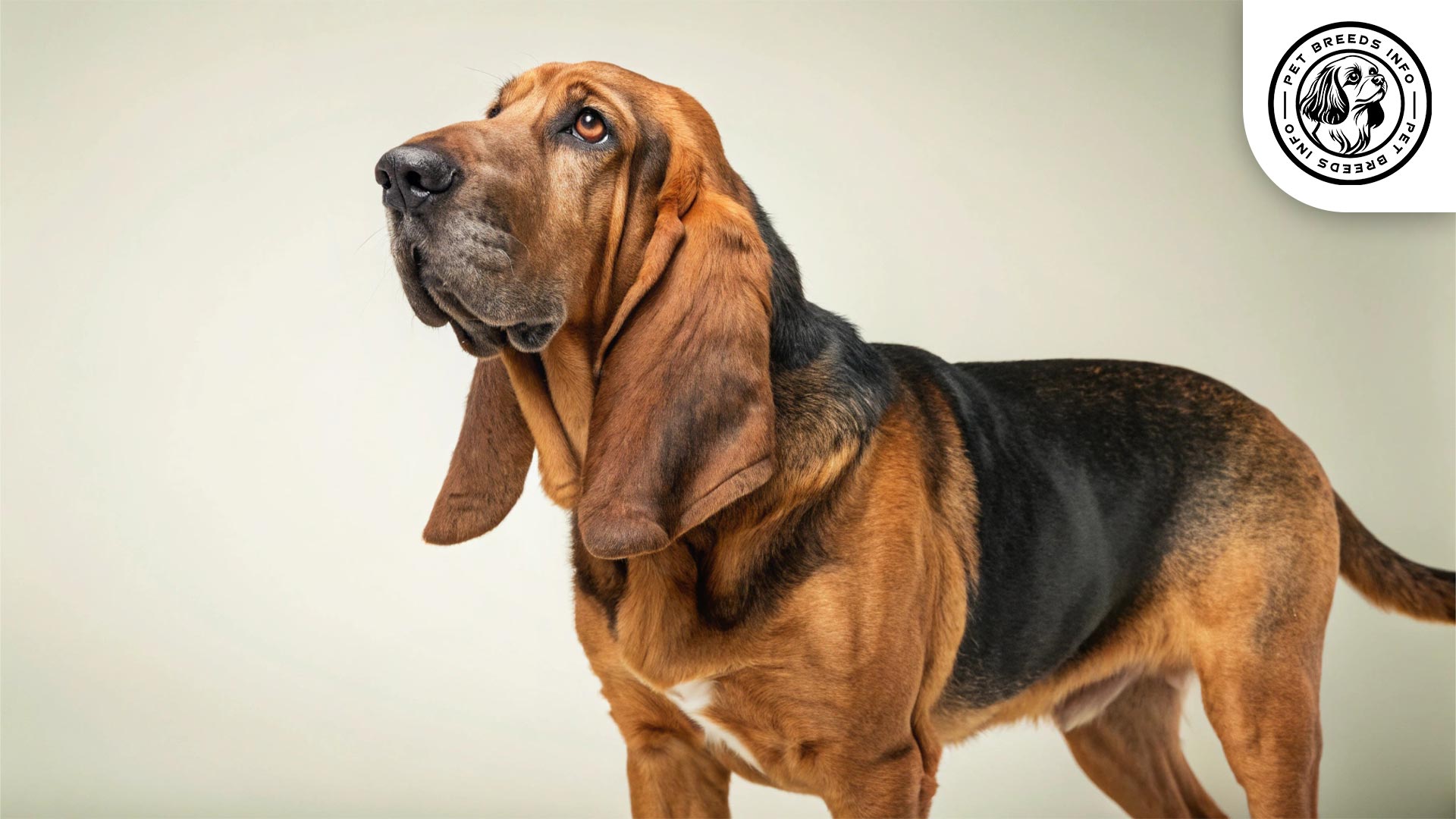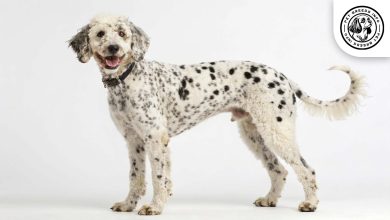Bernedoodle Dog Breed: Size, Health, Price & Personality
General Introduction of the Breed
The Bernedoodle is a hybrid dog breed that originates from a mix between the Bernese Mountain Dog and the Poodle. It is also known as the Bernese Poodle mix. This breed was first intentionally developed in the early 2000s in North America, with the goal of combining the intelligence and low-shedding coat of the Poodle with the affectionate and loyal nature of the Bernese Mountain Dog.
Table of Contents
| Weight | 10-90 pounds (4.5-41 kg), depending on size |
| Lifespan | 12-18 years |
| Diet | High-quality kibble, wet food, or raw diet; protein-rich and balanced |
| Care | Regular exercise, grooming, and social interaction |
| Health | Prone to hip dysplasia, PRA, heart conditions, and digestive sensitivities |
| Color | Black, black & white, black & brown, tri-color |
| Nature | Intelligent, affectionate, playful, and loyal |
| Price | $2,000-$5,000 depending on breeder and lineage |
Physical Characteristics
Bernedoodles vary in size depending on the type of Poodle parent—Standard, Miniature, or Toy. A Standard Bernedoodle typically stands between 23 to 29 inches in height and weighs between 50 to 90 pounds. Miniature Bernedoodles range from 18 to 22 inches and weigh between 25 to 49 pounds, while Toy Bernedoodles are even smaller.
The coat is usually wavy or curly, which helps reduce shedding, making it a preferred choice for allergy-sensitive owners. Common colors include black, black and white, black and brown, or tri-color patterns resembling the Bernese Mountain Dog.
The eyes are typically dark brown, round, and expressive. The ears are floppy, hanging beside the face, and the tail is usually long and slightly curved. One of the breed’s distinctive features is its adorable teddy bear-like appearance due to the curly or wavy fur.
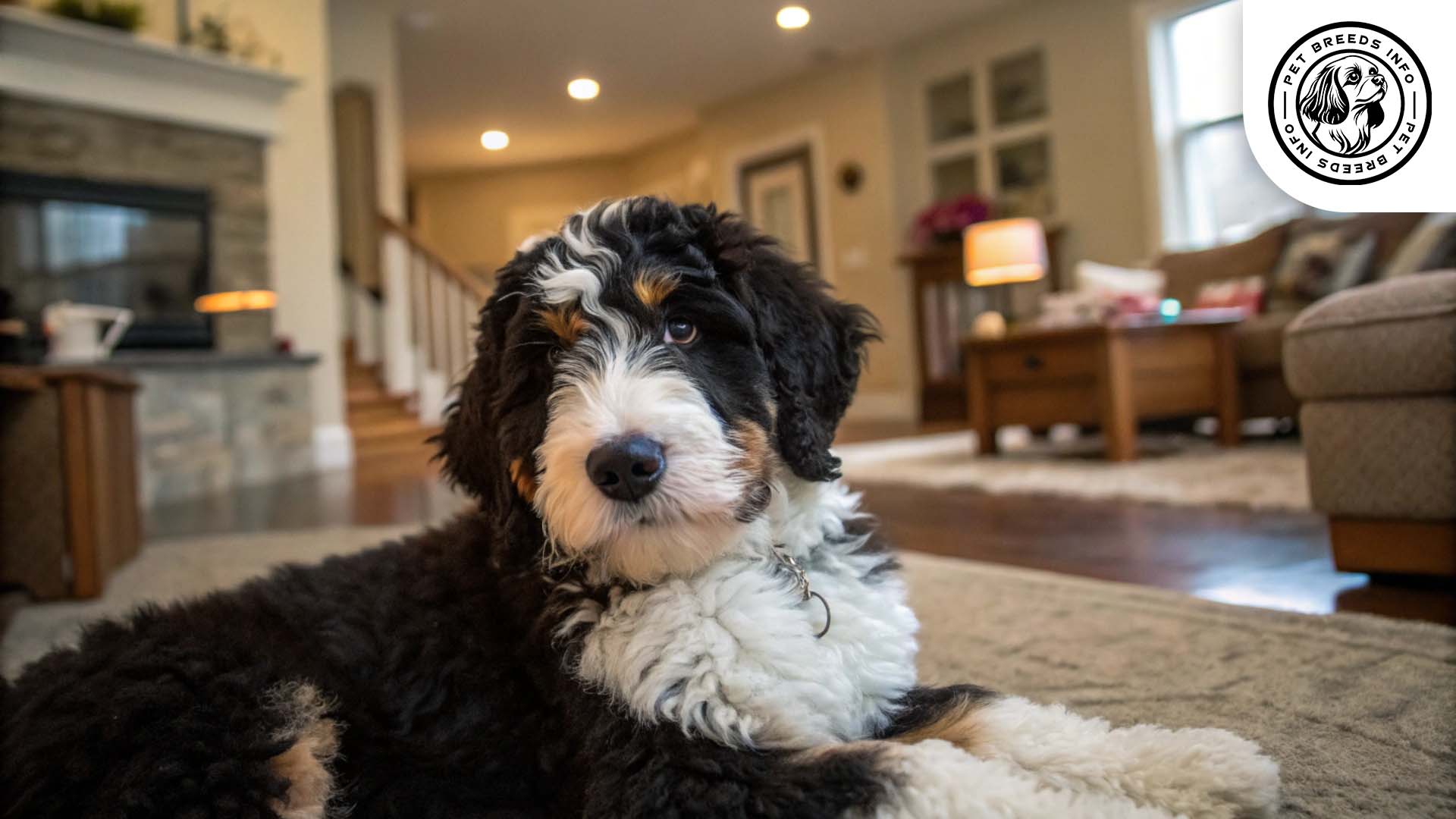
Personality and Temperament
Bernedoodles are highly intelligent, inheriting the learning ability of Poodles. They are eager to please, making them relatively easy to train. Their energy levels vary based on their size but generally, they are playful and enjoy engaging in activities with their families.
This breed forms strong bonds with its owners and tends to be affectionate and loyal. Bernedoodles thrive in social environments and get along well with children and other pets. They have a playful and goofy nature, making them fun companions.
They are moderately sensitive to changes in their environment and can be somewhat cautious around strangers before warming up to them.
Read More: Tervuren Dog
Care and Maintenance Requirements
Bernedoodles require regular exercise to stay healthy, including daily walks and playtime. Smaller variations may adapt well to apartment living, but Standard Bernedoodles need more space to move around.
Grooming is essential, especially for those with curly coats, to prevent matting. Regular brushing, about three to four times a week, is recommended. Professional grooming may be needed every few months. They have a moderate tolerance for heat but may struggle in extreme cold if not acclimated.
Routine hygiene care includes regular nail trimming, ear cleaning, and dental care to prevent infections and dental diseases. Bathing should be done as needed but not too frequently to avoid skin dryness.
Diet and Nutrition
Bernedoodles thrive on a high-quality diet that includes kibble, wet food, or a balanced raw diet. Protein-rich foods are essential to maintain muscle and energy levels.
Certain foods like chocolate, onions, garlic, grapes, and excessive fatty foods should be avoided. Grain-free options may benefit some dogs with sensitivities.
Portion sizes depend on the dog’s size and activity level. Typically, an adult Bernedoodle requires two balanced meals per day.
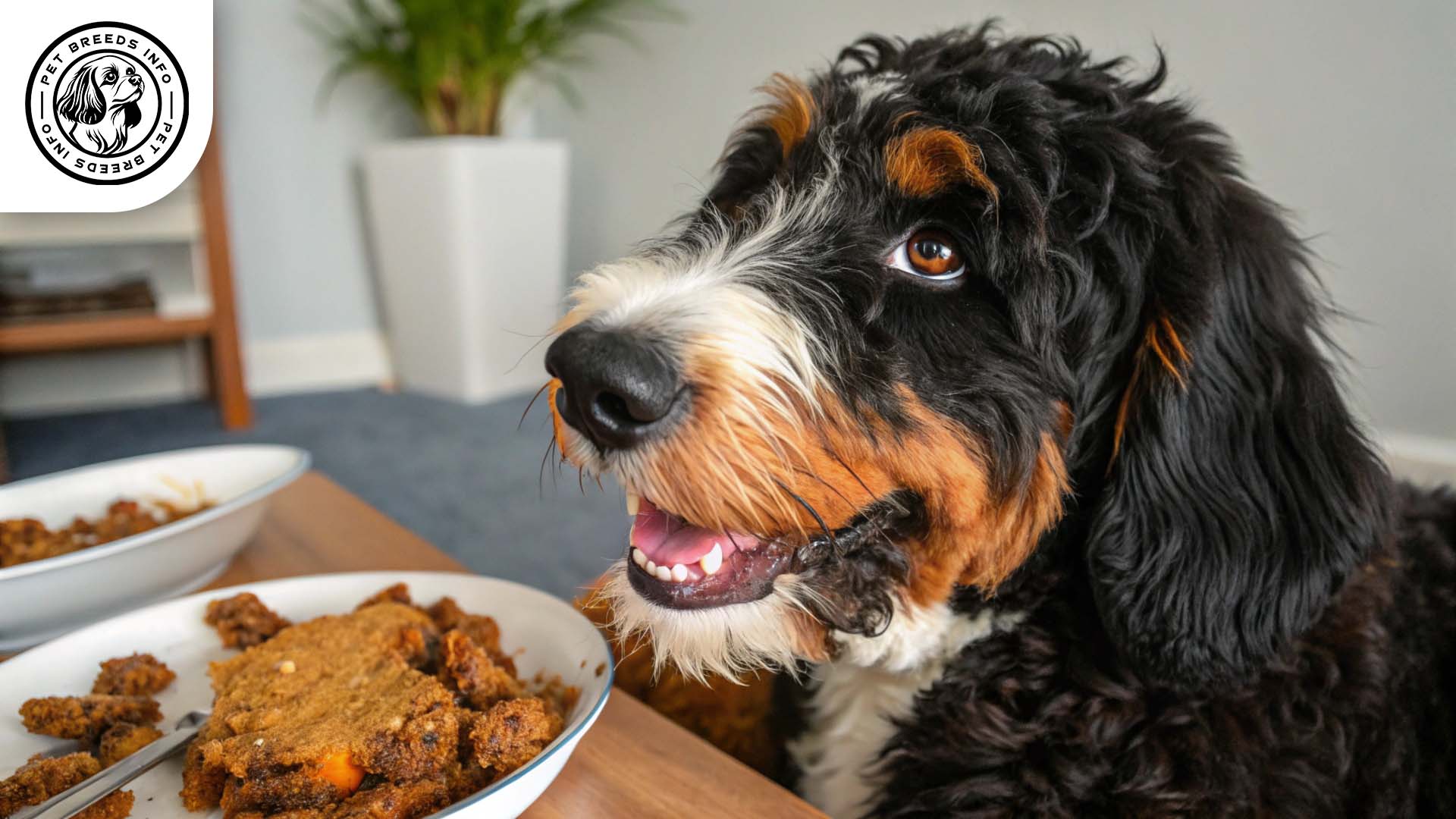
Health and Common Medical Issues
While Bernedoodles generally benefit from hybrid vigor, they are still prone to certain genetic health issues such as hip dysplasia, elbow dysplasia, progressive retinal atrophy (PRA), and certain heart conditions.
They may also be susceptible to digestive sensitivities, so a well-monitored diet is recommended. Their average lifespan ranges from 12 to 18 years, depending on size and genetics.
Routine vaccinations, deworming, and annual veterinary check-ups are necessary for overall health.
Read More: Trigg Hound Dog
Training and Behavior Management
Bernedoodles are intelligent and responsive, making them relatively easy to train, especially with positive reinforcement techniques. Early training and socialization are crucial in developing a well-mannered dog.
Consistency and patience are key, as some Bernedoodles may inherit the Bernese Mountain Dog’s stubbornness. Basic obedience training and socialization from puppyhood help them grow into well-adjusted adult dogs.
Interaction with Other Animals and Humans
Bernedoodles are family-oriented dogs and do exceptionally well with children, often displaying patience and playfulness.
They usually get along well with other pets, especially when socialized from a young age. Their friendly and affectionate nature makes them an excellent choice for families and individuals alike.
They are not completely independent dogs and prefer being close to their owners, making them best suited for homes where they will not be left alone for long periods.
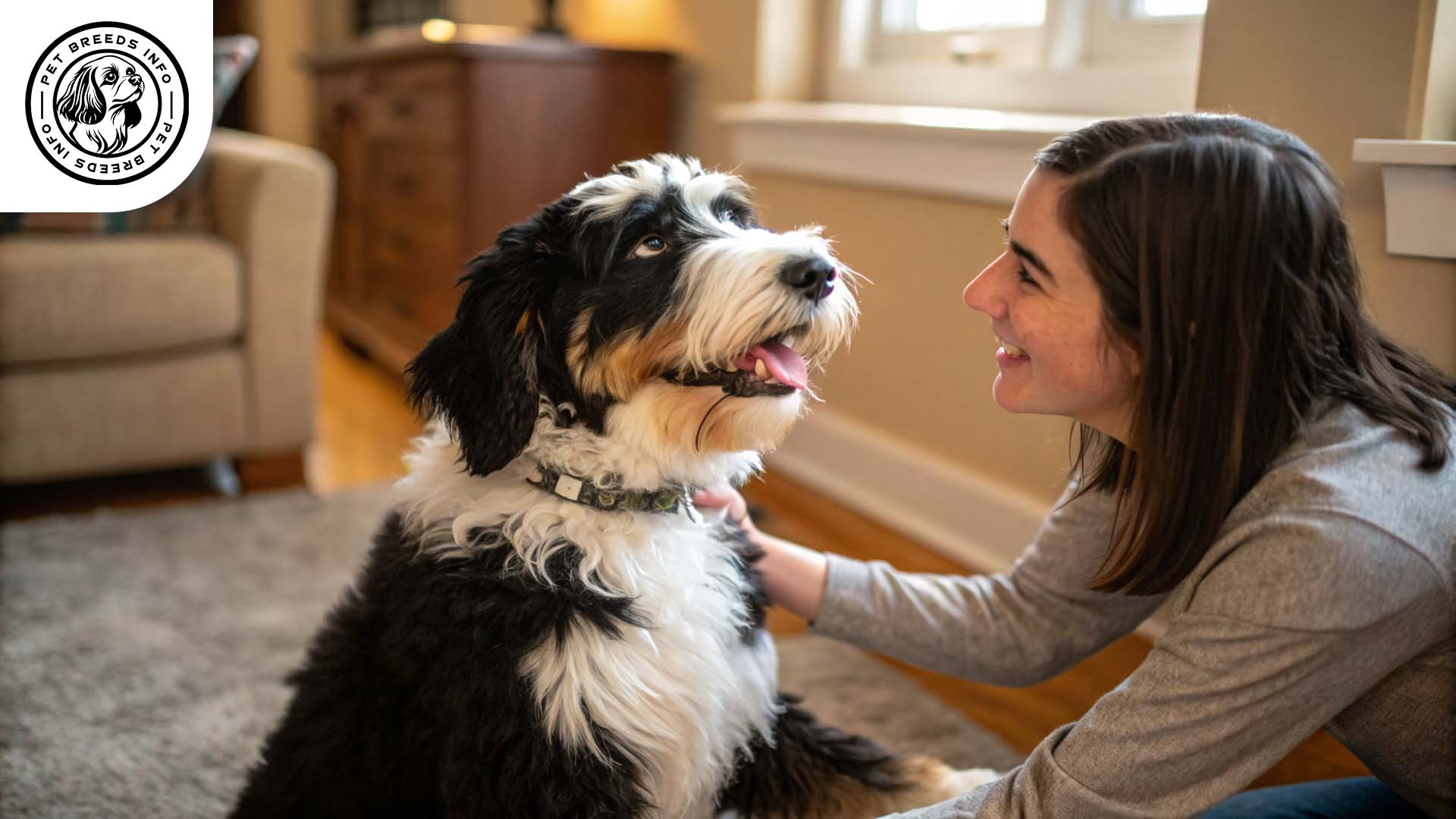
Price and Availability
The price of a Bernedoodle varies based on factors such as breeder reputation, size, coat type, and location. Generally, they range from $2,000 to $5,000 from a reputable breeder.
When purchasing a Bernedoodle, it is crucial to find responsible breeders who perform health screenings to ensure the well-being of the puppies. Adoption from shelters or Bernedoodle rescue organizations is also a great option.
Read More: Schnoodle Dog
Conclusion and Final Thoughts
The Bernedoodle is an ideal choice for families, individuals, and even first-time dog owners looking for an affectionate, playful, and intelligent companion.
They adapt well to various living situations but require socialization, training, and regular exercise to thrive. Owners should be prepared for regular grooming and ensure they have time to devote to their pet.
With the right level of care and dedication, a Bernedoodle can be a loving and loyal family companion for many years.
FAQ
What is the personality of a Bernedoodle?
Bernedoodles are affectionate, playful, and intelligent, making them great family pets.
Do Bernedoodles shed a lot?
No, their wavy or curly coats shed minimally, making them suitable for allergy sufferers.
How often should a Bernedoodle be groomed?
They need brushing 3-4 times a week and professional grooming every few months.
Are Bernedoodles easy to train?
Yes, they are intelligent and eager to please, but early socialization is essential.
Do Bernedoodles get along with kids and other pets?
Yes, they are friendly and patient, making them great companions for families and other animals.
